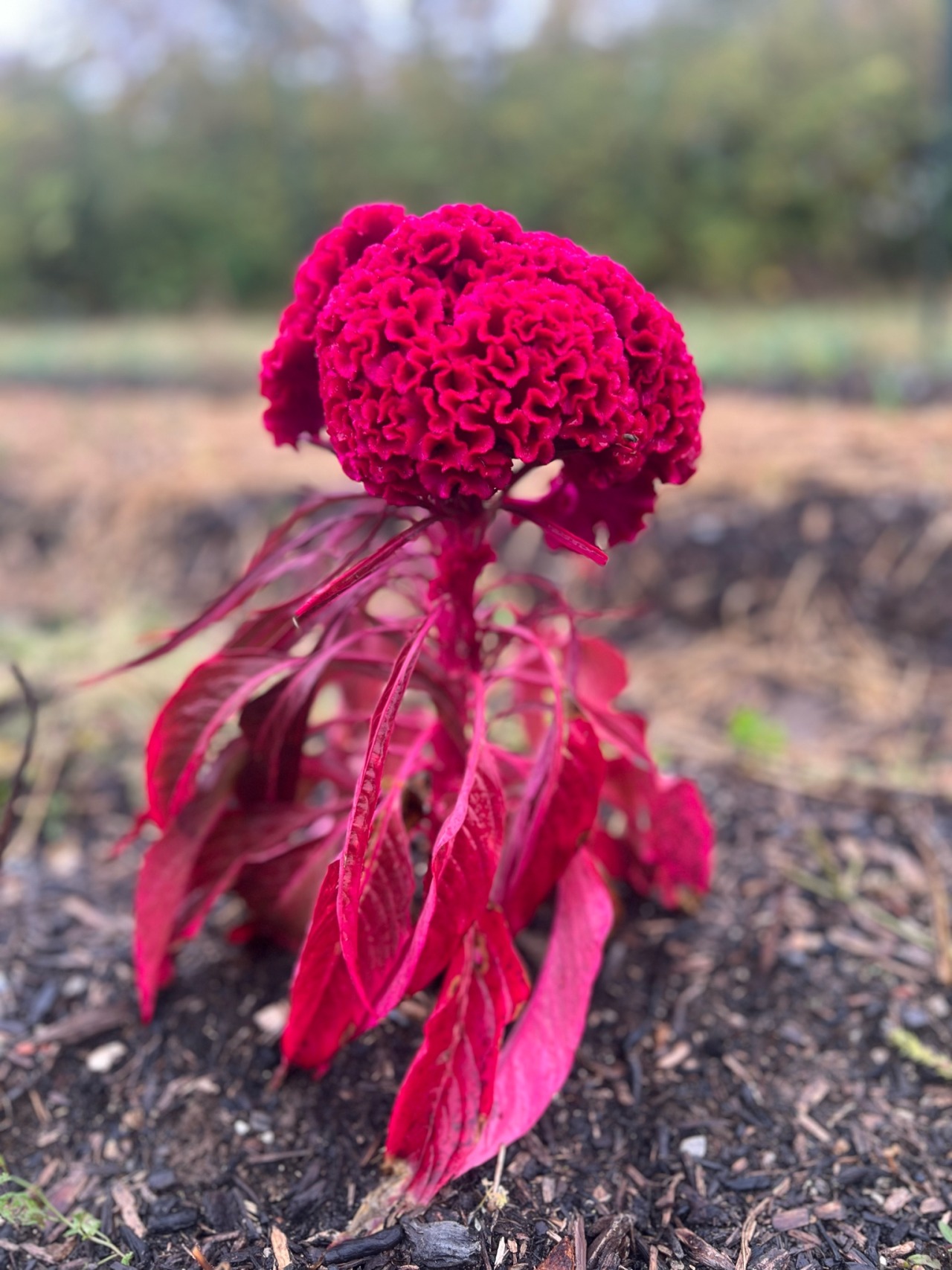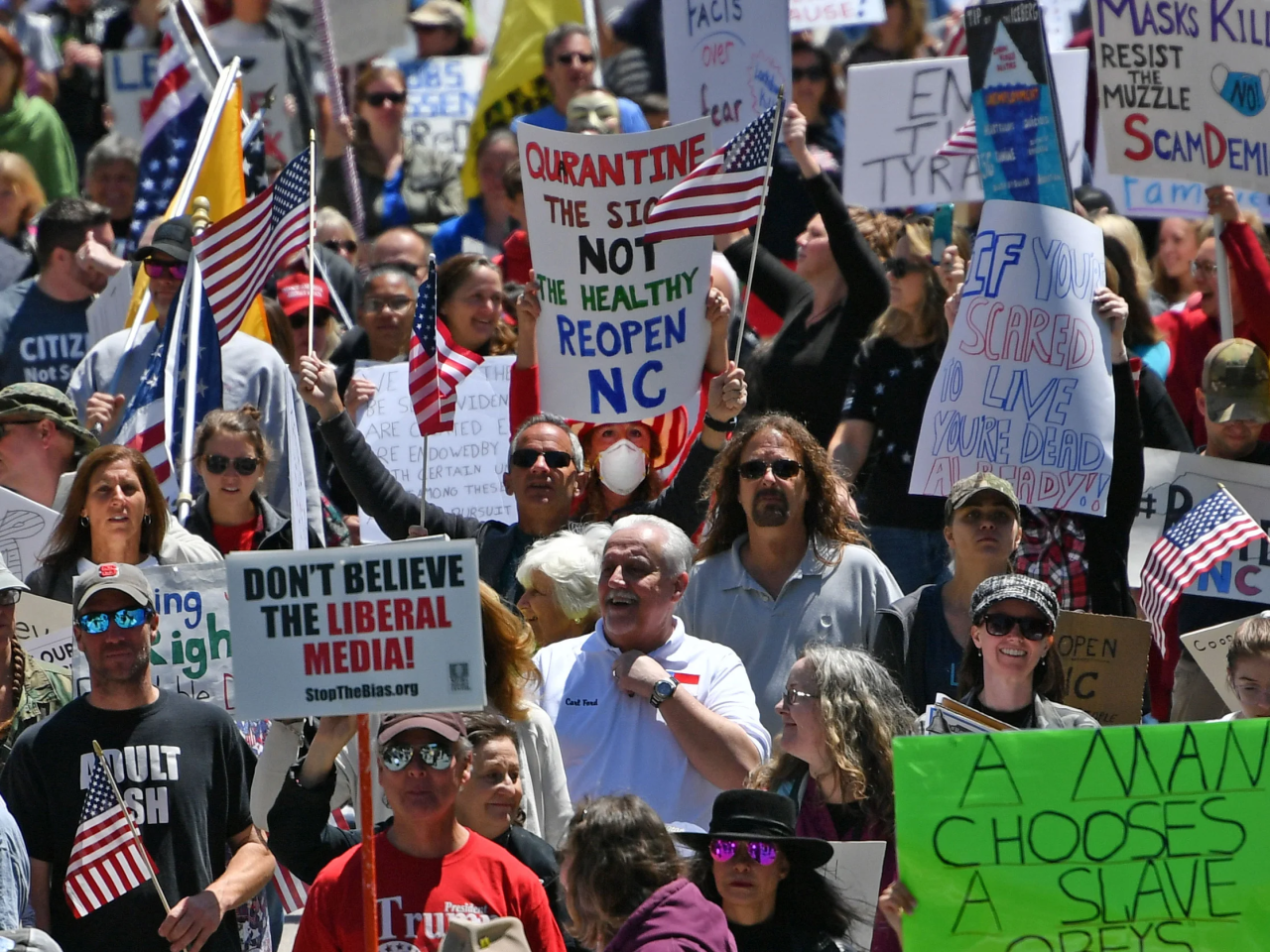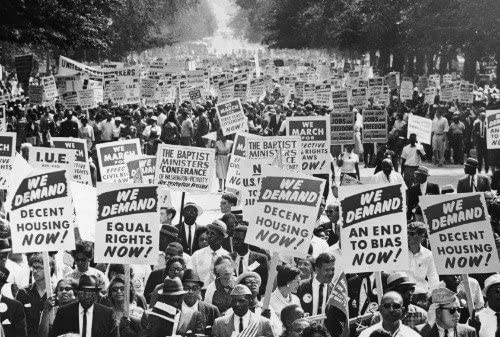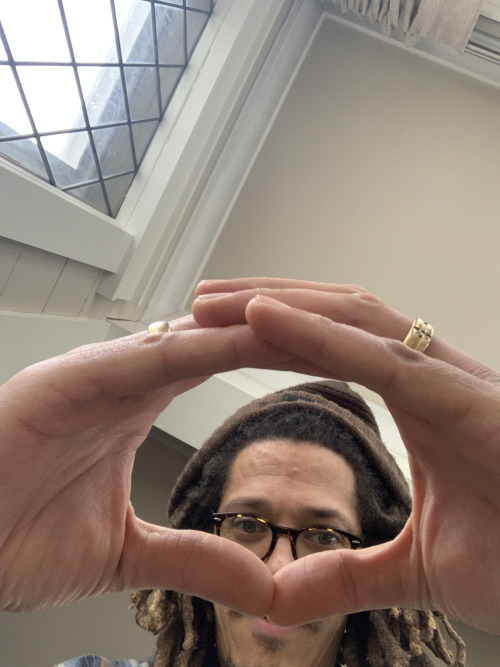It wasn’t hope…
…in case you are wondering. Or sentimentality. I’d fully accepted that our marriage was on its deathbed.
“You can do whatever you want,” came the assurances of well-meaning friends. “Your marriage is over; it’s just a Piece of Paper down at the courthouse.” I had heard this phrase before, but never had reason to give it any consideration until now. Suddenly, it mattered. My own marriage was the subject, and the predicate was personal.
It wasn’t helplessness
Once upon a beautiful time on this lovely land, I raised a trio of dairy goats. Their daily contributions of warm, fresh, life-affirming nourishment were a joy to me. One sunny spring, one of the dams, whose unusually thin udder had earned her the moniker Tiny Tina, grew suddenly very thin. Dairy goats are rather squishy mammals, carrying their guts very low, slung from high, angular hip bones; a saggy bag of water swung from a sturdy coat hanger. But Tina’s eyelids had grown pale. Her jaw swelled; her coat roughened. By the time I understood what was happening, this peaceful, wonderful animal had a fatal case of barber pole worms. I treated the worms and tried desperately to restore Tina’s strength and vitality, but to no avail. Soon she was immobile on the barn floor, alone, shivering and murmuring to herself. Tina was dying.
I knew I could put Tina down quickly with my rusty old farm rifle, but the idea seemed so very brutal, a sudden and heartless end to a faithful partnership. After all she’d given, and now facing this undignified end, Tina deserved to find peace at her own pace.
It was hospice
I chose to care for Tina through her final days. In the brief moments between housekeeping and homeschooling, I visited Tina with blankets and gentle words, doing what I could to keep her clean and comfortable as she faded. It was hospice, as best I could manage. Understanding that she would soon die, I dug a small grave for her behind the barn. The ache in my arms and sweat on my back felt honoring to the work Tina and I had done together.
Tina died quietly two days later. I buried her just as quietly, without fanfare, steeped in solemn gratitude.
Every dying sentience deserves a dignified end. My marriage was such a being, a solemn partnership that fostered new lives and nourished growth. It broadened my horizons and showed me wisdom. As my teacher and friend lay wheezing, mortally ill, I refused to simply shoot it in the forehead, or turn my back and let it die alone, whilst I shopped for a new one. My marriage deserved my fidelity in death, just as it had in life.
It was the birth certificate
This is why I stayed faithful, why I chose care over abandonment: if my grief and feelings of disconnect could reduce my marriage to “just a Piece of Paper,” then my marriage, at it’s very core, had only ever been a piece of paper. It had only existed as a binding reality as long as I “felt” married. But the vow I had so solemnly taken, before God and my community, was “until death.” That piece of paper was a birth certificate, and I chose to sit alone with my ward, my marriage, my friend, until the bitter end.
It was an honor
I am proud of the care I gave, though it was draining, demanding, crushingly lonely at times. I stood at the edge of death, feeling its nearness, and I wept. I cried more in that year of stillness than in all my previous years of toil and effort. I was able to sit in such fidelity only with the adamant, warm, vociferous support of my family, close friends, church community, therapist and counselors. They comforted me, prayed for me, encouraged me, cried with me, checked on me, sent their notes and thoughts and love and care.
It was not alone
In that sense, I now at last realize, I was never alone in my fidelity. My entire community sat faithfully with my marriage in its final moments. My marriage died, not lonely or alone, but in the company of angels, carried in the stalwart love of a faithful people. As it should have. My marriage deserved that much.





